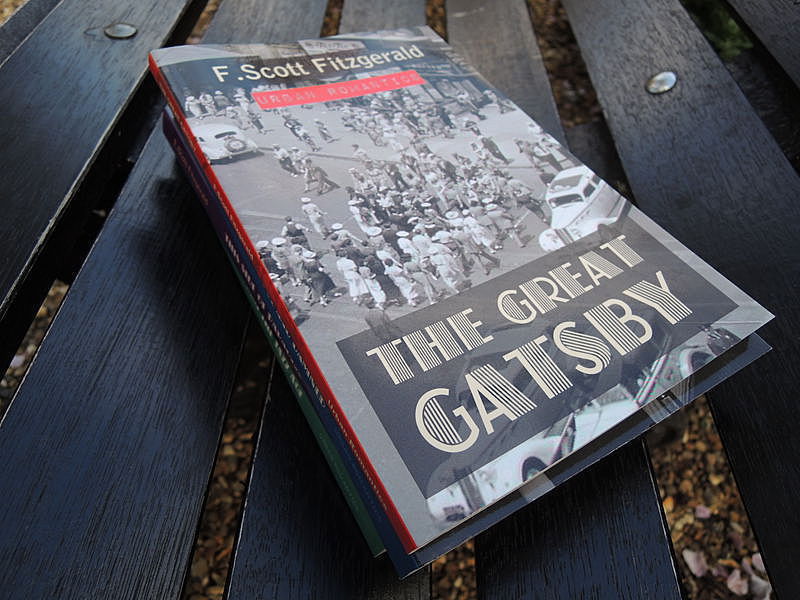You might think that compared to writing an entire book, selecting a title would be easy. In reality, however, crafting an effective title is a finely-tuned art that usually requires a great deal of analysis and strategy on the part of the author and publishing team.
How did you like the book Trimalchio in West Egg? Or The Last Man in Europe? Classics, right? Perhaps you’re more familiar with their final titles, The Great Gatsby and 1984, respectively. Even legendary authors like Fitzgerald and Orwell had to revise their original book titles at publisher request. Changing titles after a manuscript’s completion is common; here at Ooligan, for instance, both our most recent release and our latest acquisition underwent title changes after their first drafts. Here are some basics we recommend keeping in mind:
Do make it appropriate length. Shorter titles are helpful for many purposes, including marketing, ease of reference for word-of-mouth publicity, and memorability. Generally, five or fewer words is ideal, but this suggestion isn’t set in stone. Many times, the reader will be unable to get an accurate sense of the book from a short title, and in such cases, a subtitle is needed. If you employ the use of a subtitle, however, make sure it is necessary. Tucker Max offers some good examples on this topic. Anthony Bourdain’s Kitchen Confidential originally had the subtitle, “Adventures in the Culinary Underbelly.” Yet the primary title and Bourdain’s chef apparel on the cover rendered this superfluous information for final printing. Lawrence’s Wright’s The Looming Tower, on the other hand, wouldn’t clearly reveal its subject matter without its subtitle, Al-Qaeda and the Road to 9/11.
Don’t make it comparable to existing titles, especially classics. Book titles cannot be copyrighted (the effects of which the author of Fire And Fury: The Allied Bombing Of Germany 1942-1945 certainly became familiar with this year), so there’s a lot of overlap on library shelves. Although many publishers find success with somewhat formulaic titles, you want your book to stand out, provided it’s not eccentric for the mere sake of being unique. Many writers recommend Googling proposed titles and going through several pages of search results to see what turns up. This also helps prevent choosing a title with unintended connotations or references.
Do make it memorable. You want your work to stick in the brains of readers and grab their attention as they walk by in the store or glance at titles while browsing online retailers. Avoid generic, space-filler titles. Think about a reader suggesting the book to a friend—you wouldn’t want them grasping at straws to think of the title so their companion could follow up on the recommendation.
Don’t mislead readers about the book’s content. The title should give some indication of genre and what potential readers can expect, and you want to appeal to the right audience. An element of intrigue is certainly important—you don’t want to give too much away before the reader even opens the book—but avoid trying so hard to be different that your title is confusing. If you told someone the title of your book and they couldn’t narrow down its subject matter at all, some revising might be in order.
There’s a lot more information available about book title strategy, but hopefully, this was a helpful starting point. For continued learning, check out Bill Morris’s article about the appeals and perils of one-word book titles, Joanna Penn’s article on her experiences with editing titles, and TCK Publishing.com’s post that lists some examples of improved book sales after title changes.

